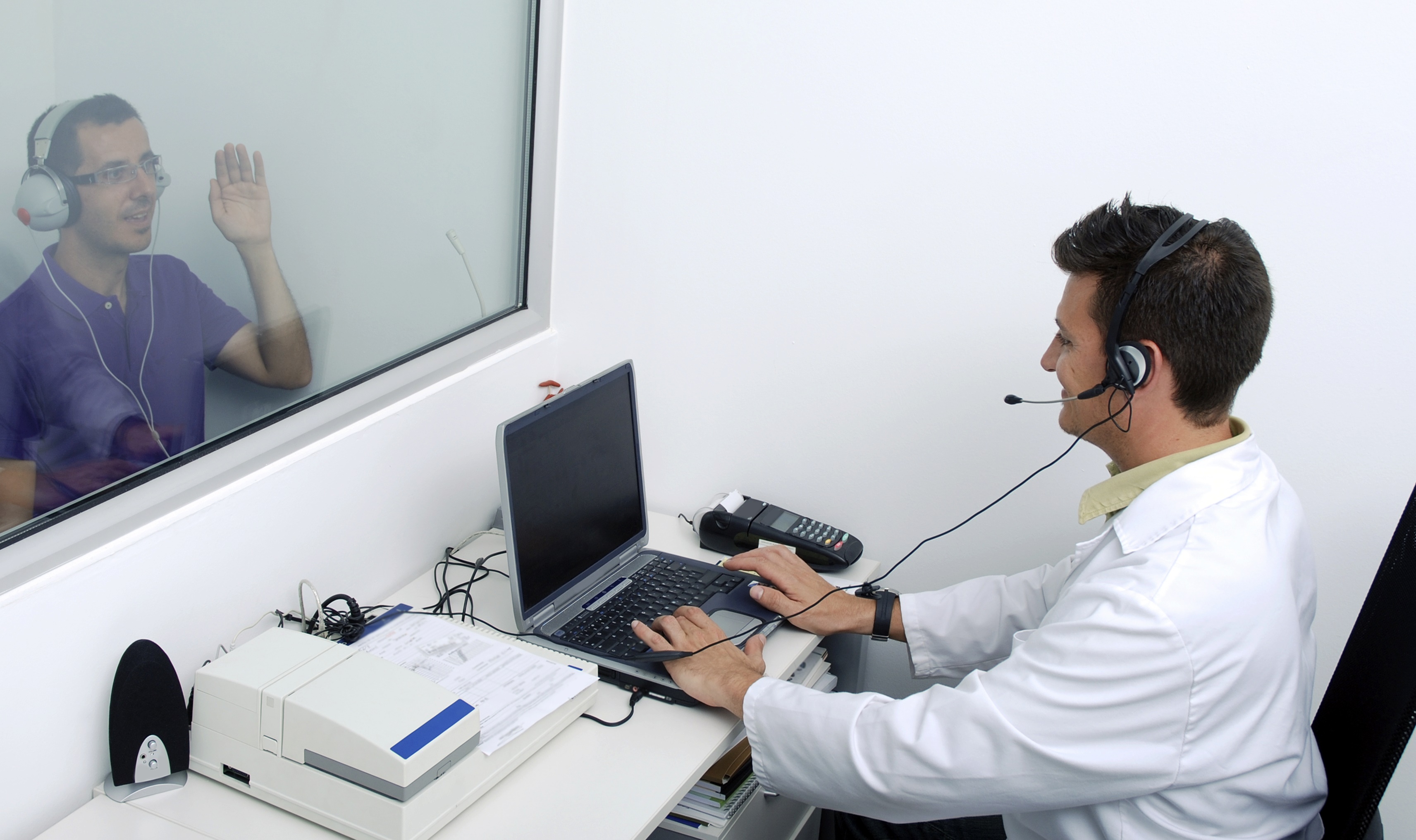
Congratulations on taking the preliminary step toward better hearing by booking your hearing assessment. You’re already ahead of the game, as many people delay having their hearing tested for several years—in some instances decades.
But now that you’ve booked your hearing test, you’ll want to make sure you’re prepared for the visit, particularly if test results indicate that you might benefit from wearing hearing aids. Selecting hearing aids can be challenging, but if you ask the right questions, your hearing care specialist can help point you to the ideal technology.
To achieve the best hearing possible, make sure to ask these five questions at your upcoming hearing test.
1. What type of hearing loss do I have?
Your hearing care professional will test your hearing using the most current technology, and the results of the test will be printed on a diagram called an audiogram. Ensure that your hearing professional reviews the audiogram with you and explains:
- The type and severity of your hearing loss. High-frequency hearing loss is most common, and is further classified as mild, moderate, severe, or profound.
- How hearing aids will help, and if and why you’d require hearing aids for one or both ears. Hearing loss in both ears is most effectively addressed with two hearing aids, and the audiogram will display the results for both ears.
2. Which hearing aid is most appropriate for my needs?
Every patient’s hearing loss and hearing needs are unique. The more your hearing professional knows about your way of living, the better they can prescribe the appropriate technology.
If you’re very active, for instance, you may look into the most up-to-date hearing aid technology with wireless capability. If you don’t need all of the special features, however, a more cost-efficient option is probably a better fit.
3. What are my options for financing?
Next is everyone’s least popular subject—price. Although you should bear in mind that the benefits of hearing aids far surpass the cost (the monthly expense in most cases being less than the cable TV bill), the price can still seem to be high.
A number of financing opportunities are available that can help you cover the cost, although not all options are available to every individual. Nonetheless, you should talk to your hearing professional about some of these resources:
- private insurance (uncommon but worth asking about)
- Medicare and Medicaid
- VA benefits
- charitable organizations
- state programs
- financing options (special healthcare credit arrangements)
4. How can I most effectively adapt to my new hearing aids?
After you’ve picked out your desired hearing aids and have had them professionally fit, you can return home and instantly hear perfectly without any problems, right?
Not exactly. Much like anything new, you’ll need to have some time to adjust. You’ll be experiencing sounds you haven’t heard in a while, your voice may sound different, and the fit of the hearing aid may feel strange. This is perfectly normal and expected, and will take care of itself in a short amount of time. You simply have to be patient.
See to it that your hearing professional offers advice on how to best adjust to your hearing aids, including how to control them and how to learn the features.
5. How do I maintain my hearing aids?
Hearing aids are state-of-the-art and dependable products that should function reliably for many years. Still, they will require consistent cleaning and care. Consult with your hearing professional about cleaning kits and practices, storage solutions, accessories, and battery management.
Additionally, it’s a wise decision to have your hearing practitioner professionally clean your hearing aids once or twice a year.
As you prepare for your hearing test, keep in mind that achieving the best outcome requires:
- comprehending your hearing loss
- matching your hearing loss and lifestyle to the right technology
- selecting an affordable solution based on your budget
- fitting and programming your new hearing aids
- adapting to and taking care of your hearing aids
With the support of your community hearing care professional—and by asking the right questions—you can assure the best outcome and a lifetime of better hearing.

